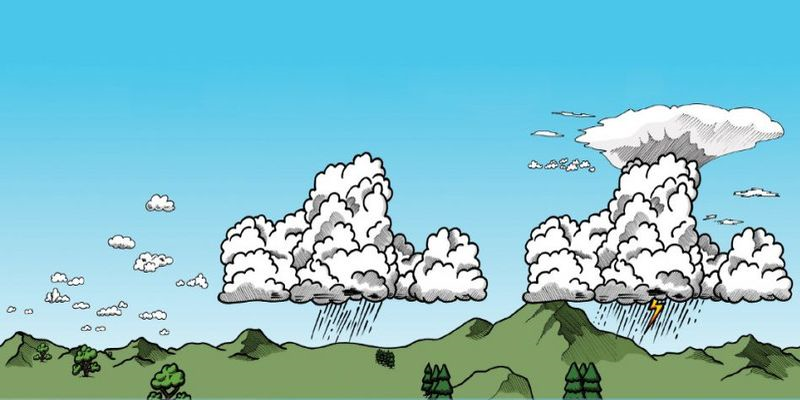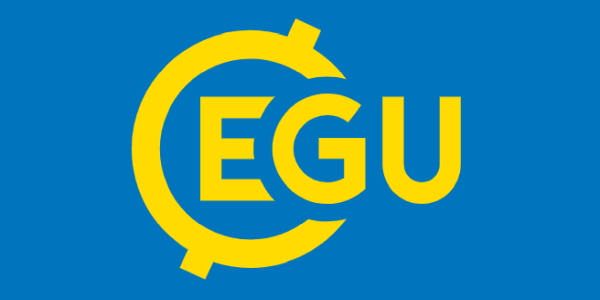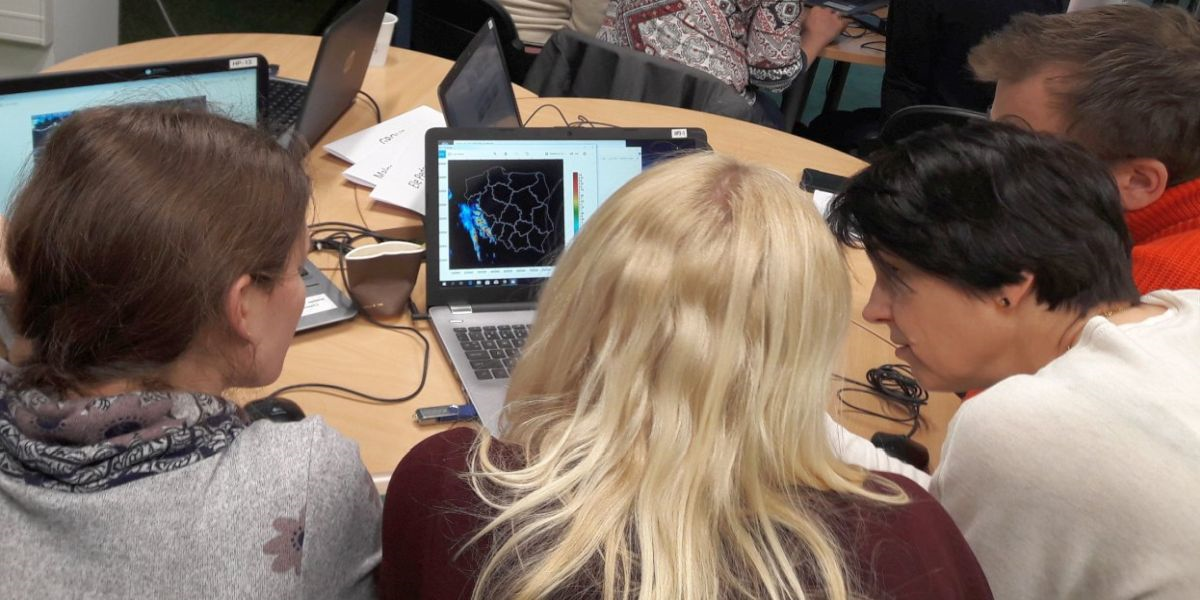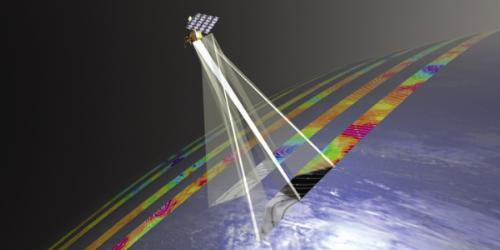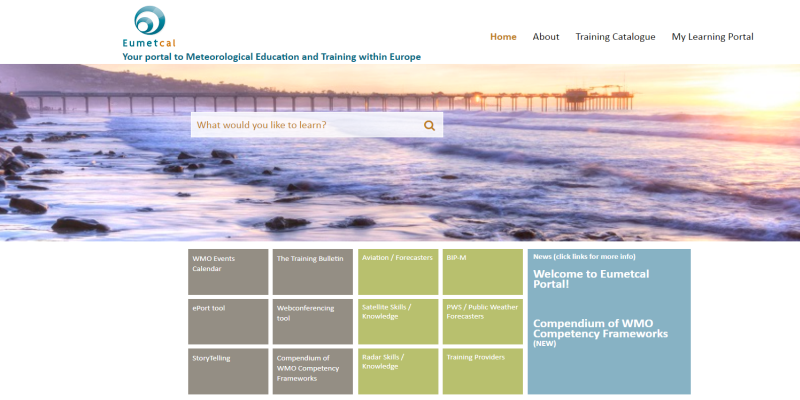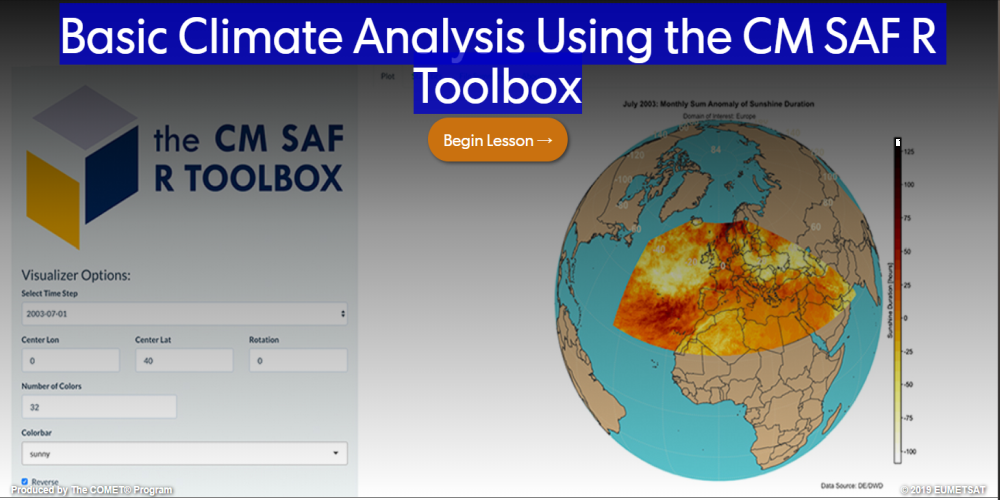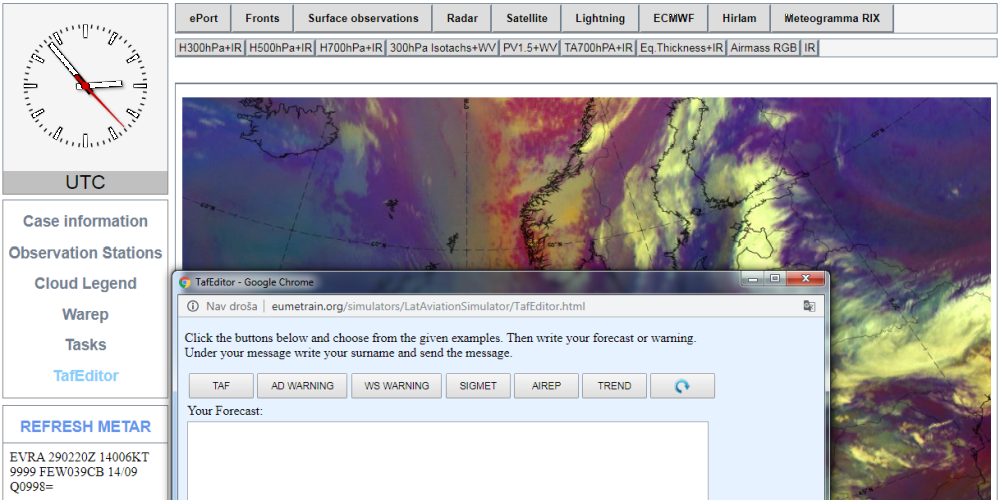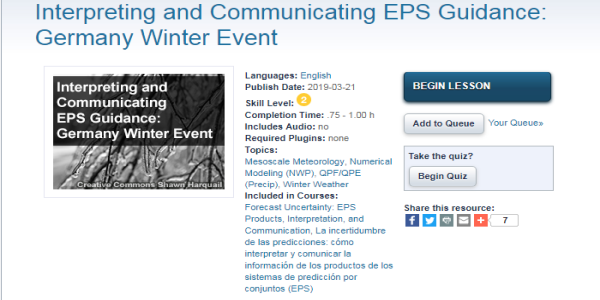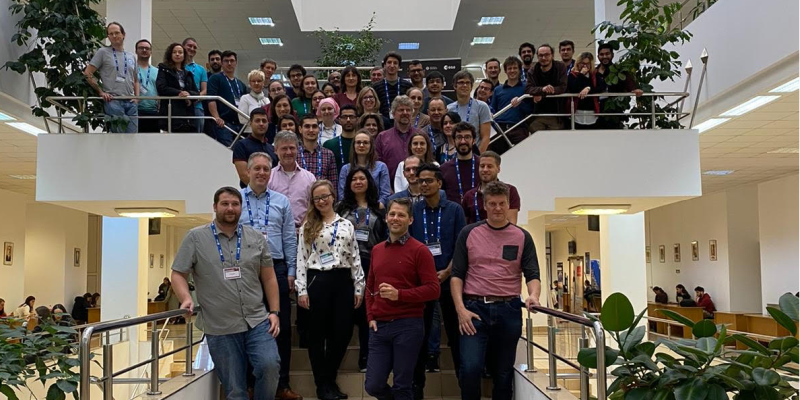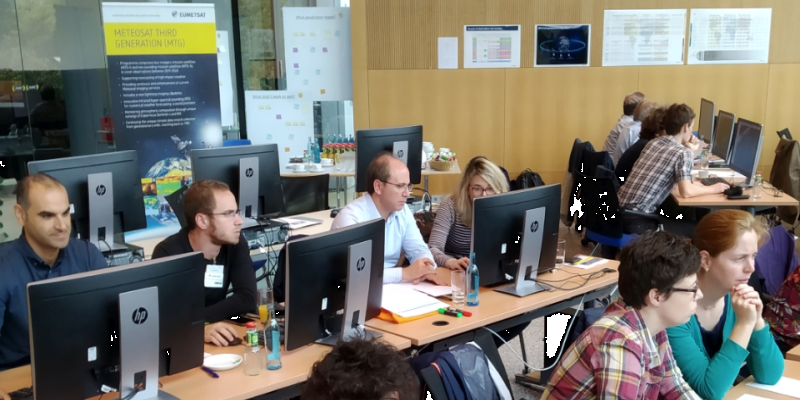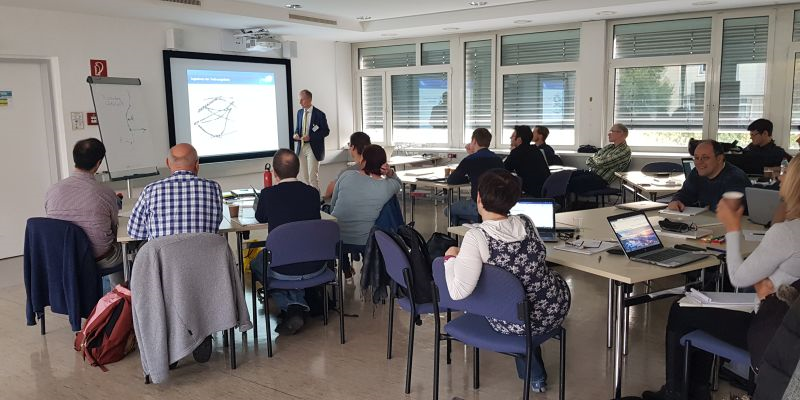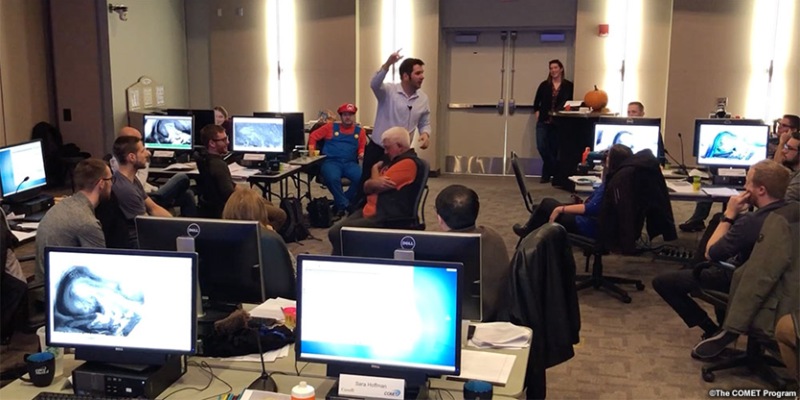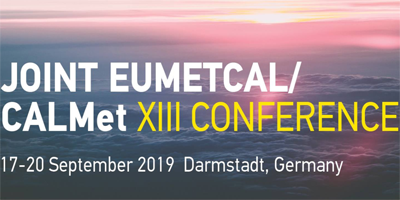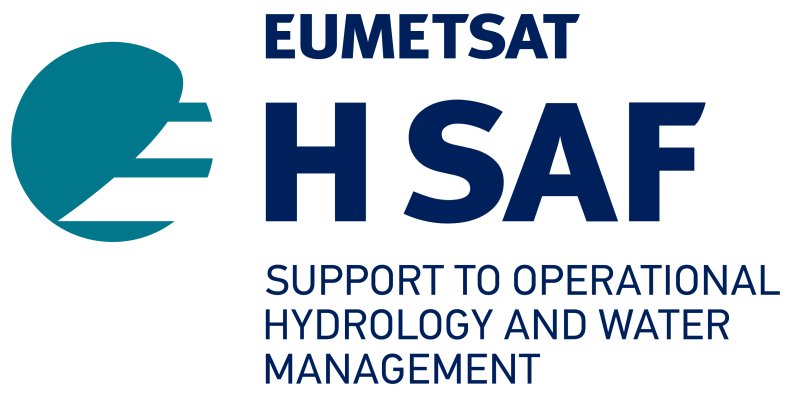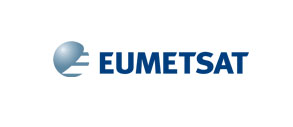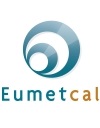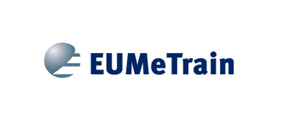
Road Weather Event Week
from 9 to 13 December 2019 / OnlineEUMeTrain is running an event week on Road Weather in December 2019. Several road weather-related topics will be addressed, with the main focus on winter weather. The target audience is operational meteorologists, but also researchers and developers.
Road weather forecasting can be very challenging, and the communication with customers is a critical part of the whole forecasting process. Regional climatological differences may vary massively, both at a national and international level. However, the forecasting process itself faces the same challenges in different countries. Therefore, the aim of this event is to raise the awareness about different weather phenomena that can affect road conditions. and also to talk about the tools and forecasting methods that are in use in different organisations. Another goal is to present the customer´s side in the field of road maintenance.
The event week is fully virtual, which means the presentations will be done online using the Webex software. Go here to register for the event week.
